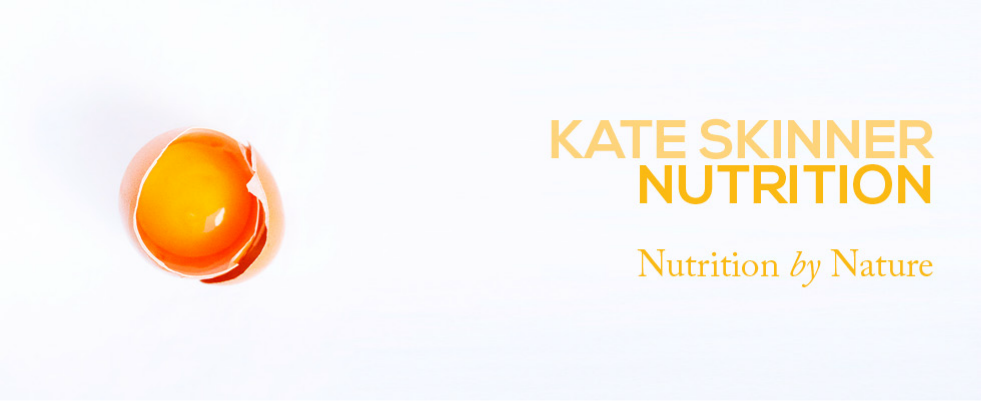The on-paper 'benefits' | The reality |
| Nuts and seeds contain a moderate amount of protein | Phytates in nuts and seeds also interfere with the enzymes we need to digest our food, including amylase (required for the breakdown of starch), pepsin (needed to breakdown proteins in the stomach) and trypsin (needed for effective protein digestion in the small intestine). Nuts and seeds may contain some protein, but this protein is not well assimilated and absorbed in the human digestive tract, if at all. |
| Nuts and seeds contain the so-called “healthy plant fats” | Nuts and seeds are rich in polyunsaturated oils – wrongly touted as ‘healthy’ oils but far, far from it. These fats suppress metabolism, contributing to weight gain, tissue destruction, free radical damage, insulin resistance and a whole host of other health problems. See this post for more. These fats are highly unstable – prone to oxidation and rancidity – you’d be hard-pressed to find ‘fresh’ nuts around that aren’t actually already rancid. |
| Nuts and seeds are good for weight loss | The polyunsaturated fats in nuts and seeds suppress energy metabolism and thyroid hormone, and actually contribute to weight gain (in fact the fats in nuts and seeds help animals hibernate in the winter by slowing down their metabolic rates). Better fats for weight loss include coconut oil, and short-chain saturated fats such as butterfat. |
| Nuts and seeds are easy to digest | Nuts and seeds are extremely hard for the human digestive system to assimilate, and are common contributors to intestinal irritation, bloating and indigestion. |
If you’re insistent on consuming nuts and seeds as part of your diet, it’s best to do so according to some simple guidelines:
1. Soak your nuts and seeds – they’ll still be high in polyunsaturated fat, but at least soaking (and/or sprouting) will start to break down the anti-nutrients that are present, rendering them slightly more digestible and you’ll at least be more likely to absorb some of the nutrients such as zinc and magnesium.
2. Opt for macadamia nuts, as they are lowest in both anti-nutrients and polyunsaturated fat (they contain predominately mono-unsaturated fats which are more stable and less likely to cause oxidative damage).
3. Consume small amounts of whole nuts and seeds, and absolutely avoid all nut and seed oils, which are even more concentrated sources of polyunsaturated fats and do not contain any of the slightly protective nutrients found in whole nuts/seeds. Less is better – aim for less than two small servings a week (including the nuts and seeds found in bars, cereals, breads and other foods that might be a part of your diet).
A word on coconut:
Coconut fat is richly saturated, pro-metabolic and highly nutritious (read this post for more) – coconut is a different kettle of fish altogether. Coconut oil in particular has been widely researched for it’s healthful properties, and is a great oil to cook with as is stable at high temperatures. Coconut flour (popular for baking in grain-free cooking circles) is still high in phytates, just like nuts and seeds (and grains, soy and legumes), but does not carry with it the other problems of nuts and seeds such as a high polyunsaturated fat content, making it a much better option for baking than almond and other nut flours.
References
Allard JP, Kurian R, Aghdassi E, et al. Lipid peroxidation during n-3 fatty acid and vitamin E supplementation in humans. Lipids. 1997 May;32(5):535-41.
Bohn T, Davidsson L, Walczyk T, Hurrell RF. Phytic acid added to white-wheat bread inhibits fractional apparent magnesium absorption in humans. Am. J. Clin. Nutr. 2004. 79(3):418-423.
Gonzalez MJ, Gray JI, Schemmel RA, et al. Lipid peroxidation products are elevated in fish oil diets even in the presence of added antioxidants. J Nutr. 1992 Nov;122(11):2190-5.
Humphries KM, Yoo Y, Szweda LI. Inhibition of NADH-linked mitochondrial respiration by 4-hydroxy-2-nonenal. Biochemistry. 1998 Jan 13;37(2):552-7.
Kong F, Singh RP. Digestion of Raw and Roasted Almonds in Simulated Gastric Environment. Food Biophys. 2009 December; 4(4): 365–377.
Macfarlane BJ, Bezwoda WR, Bothwell TH, et al. Inhibitory effect of nuts on iron absorption. Am J Clin Nutr. 1988. 47:270-274.
Mahgoub SEO, Elhag SA. Effect of milling, soaking, malting, heat-treatment and fermentation on phytate level of four Sudanese sorghum cultivars. Food Chemistry. 1998. 61(1-2):77-80.
Meydani M, Natiello F, Goldin B, et al. Effect of long-term fish oil supplementation on vitamin E status and lipid peroxidation in women. J Nutr. 1991 Apr;121(4):484-91.
Nävert B, Sandström B, Cederblad A. Reduction of the phytate content of bran by leavening in bread and its effect on zinc absorption in man. Br J Nutr. 1985 Jan;53(1):47-53.
Peat R. Unsaturated vegetable oils: toxic. (available: raypeat.com)
Torre M, Rodriguez AR, Saura-Calixto F. Effects of dietary fiber and phytic acid on mineral availability. Crit Rev Food Sci Nutr. 1991;30(1):1-22.
Wills MR, Phillips JB, Day RC, Bateman EC. Phytic acid and nutritional rickets in immigrants. Lancet. 1972 Apr 8;1(7754):771-3.
Yaacoub R, Saliba R, Nsouli B, et al. Formation of Lipid Oxidation and Isomerization Products during Processing of Nuts and Sesame Seeds. J Agric Food Chem. 2008, 56 (16), pp 7082–7090.
Kate is a certified Clinical Nutritionist and offers one-on-one coaching for clients in Sydney Australia, and internationally via Skype or email. Visit the nutrition services page to find out more about private coaching, and be sure to subscribe via email and follow the Nutrition by Nature Facebook page for blog updates, articles, nutrition tips, recipes and special offers.

